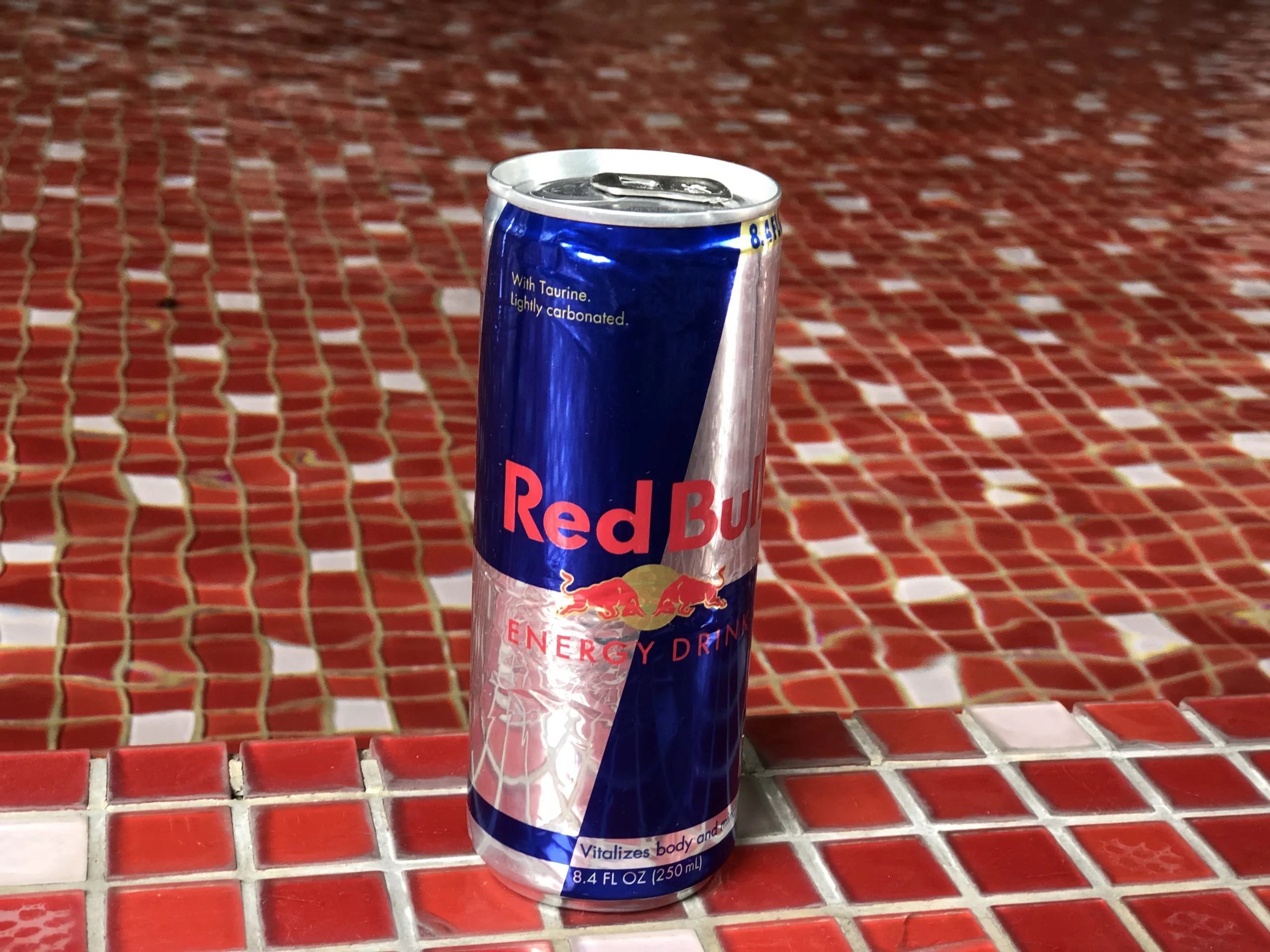Summary: Red Bull has a low amount of caffeine which is safe to consume in moderation. At the same time, its excessive consumption can impose health risks and make you addicted to it, leading to caffeine intoxication.
One of the most popular energy beverages in the world is Red Bull. ISourcet is advertised as a technique to increase energy and enhance physical and mental performance.
But there are worries about its safety and possible negative effects. Caffeine and sugar, the principal constituents, are directly responsible for the unwanted effects.
Red Bull only contains 80 mg of caffeine, which is quite little compared to other well-known energy drinks like Monster and Rockstar, but they could be dangerous if consumed in excess.
Additionally, it has 27g of sugar, which is more than the AHA’s suggested level for women and is potentially fatal in the long term.
This article discusses Red Bull’s potential adverse effects, especially whether consuming too much of it could be fatal, alongside the effects of caffeine on the body.
Nutritional Facts Of Red Bull
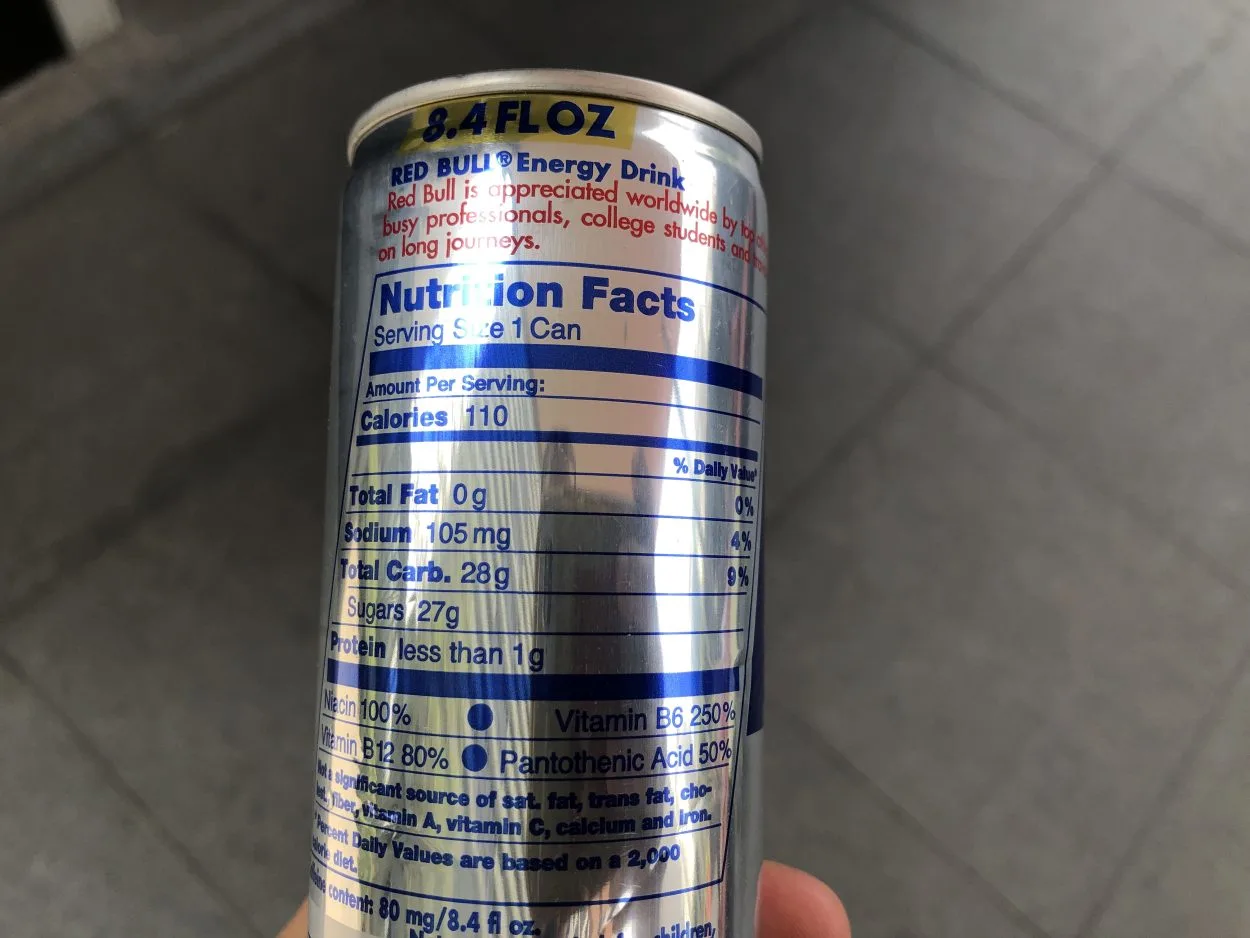
Red Bull has high levels of thiamine (B1), riboflavin (B2), niacin (B3), B6, and B12, among other B vitamins.
Red Bull also offers sugar-free drinks like Red Bull Zero and Red Bull Sugarfree, which use aspartame and acesulfame K as artificial sweeteners in place of sugar.
Let’s have a look at the nutrition content of Redbull below.
| Value (Standard Serving) | Red Bull (8.4 fl.oz) |
| Energy | 110 calories |
| Protein | <1g |
| Carbohydrates (Of which Sugars) | 28g (27g) |
| Sodium | 105mg |
| Caffeine | 80mg |
| Vitamin B3 (Niacin) | 22mg |
| Vitamin B5 (Pantothenic Acid) | 5.05mg |
| Vitamin B6 | 5.05mg |
| Vitamin B12 | 5.1µg |
B-Vitamins
8 of the 13 vitamins our bodies require are B-group (or B-complex) vitamins.
Contrary to what is usually implied in supplement advertising, B-group vitamins do not provide the body with energy. However, without B-group vitamins, the body does certainly lack energy.
Look at the types of the b-vitamins present in Red Bull, alongside their functions.
| Vitamins | Functions |
| Vitamin B-3 | It is the most vitamin-derived coenzyme and is required for more than 400 different enzyme activities in the body. |
| Vitamin B-5 | The body needs to produce fresh coenzymes, proteins, and lipids. This vitamin is transported by red blood cells all over the body, where it can be utilized in several metabolic and energy-producing processes. |
| Vitamin B-6 | More than 100 enzyme processes involve it. The metabolism of amino acids and the breakdown of carbohydrates and fats require vitamin B-6 in the body. |
| Vitamin B-12 | DNA and red blood cells both require it to be produced. Additionally, it plays a significant role in the growth and operation of brain and nerve cells. |
Ingredients In Red Bull
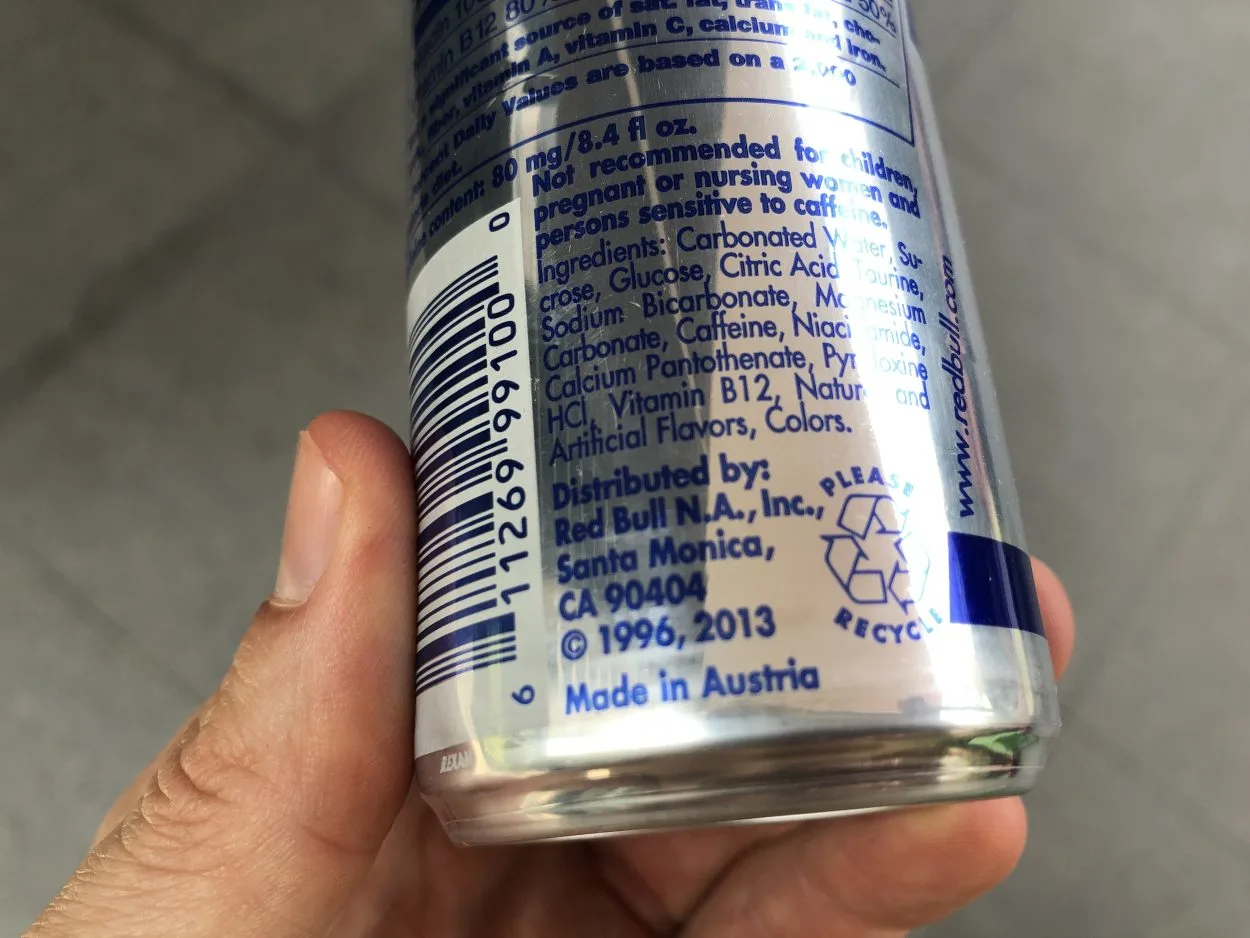
Red Bull is a carbonated beverage with caffeine and other energy-boosting ingredients such as various B vitamins and taurine. It was first marketed in Austria in 1987.
Red Bull also contains sugar, carbonated water, baking soda, citric acid, magnesium carbonate, glucuronolactone, and artificial colors and flavors, though the list of the specific ingredients differs by location.
Ingredients present in Red Bull are:
- Carbonated Water
- Sucrose
- Glucose
- Citric Acid
- Taurine
- Sodium Bicarbonate
- Magnesium Carbonate
- Caffeine
- Niacinamide
- Calcium Pantothenate
- Pyridoxine HCl
- Vitamin B12
- Natural and Artificial Flavors
- Colorings
Taurine
The body may produce the amino acid taurine. Surprisingly, Red Bull has it as well.
Taurine, an amino sulfonic acid, is widely present in the human heart, brain, muscles, and eyes. Meat, fish, shellfish, energy drinks, and supplements contain it.
The typical daily intake of taurine is between 500 and 3,000 mg. Remember, though, according to a 2012 EFSA review, up to 6,000 per day is risk-free, demonstrating its high safety rating.
Sugar
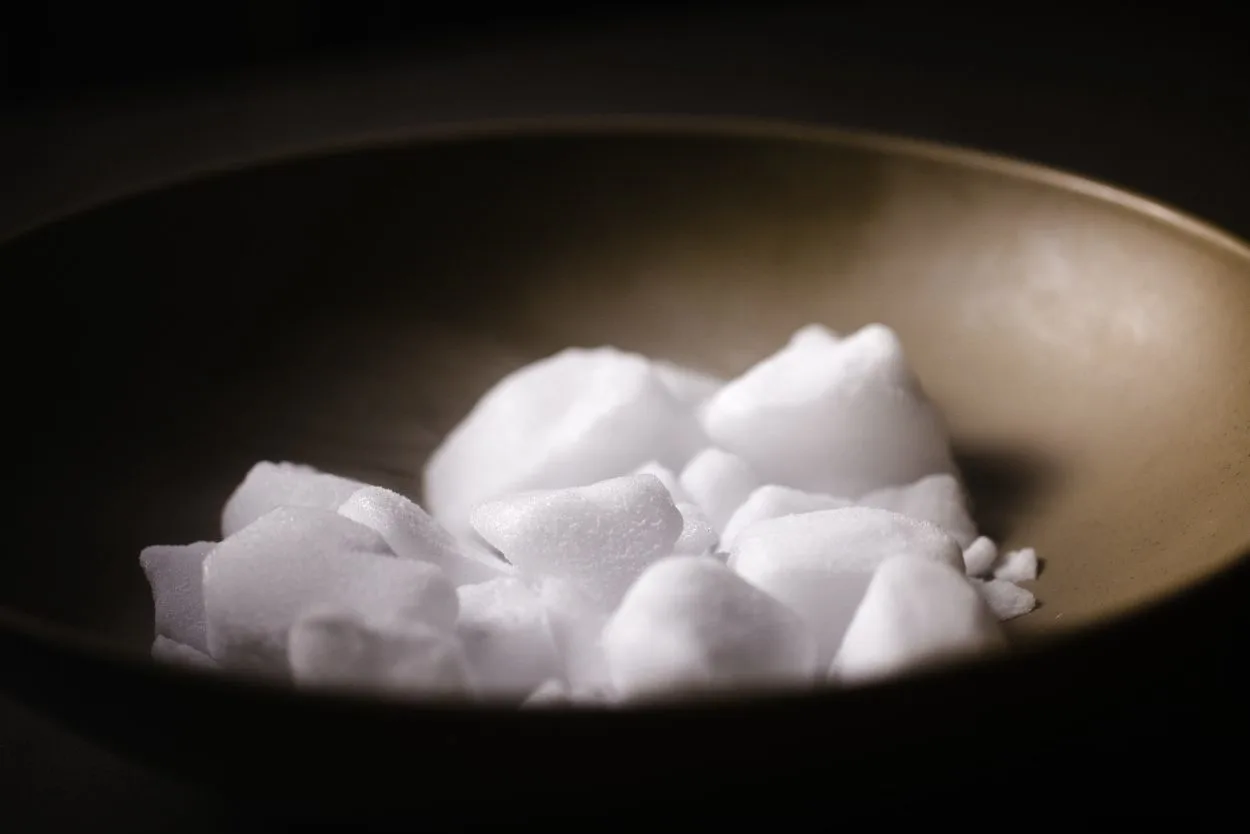
A considerable amount of 27g of sugar, or around 1.8 teaspoons, is present in an 8.4 fl. oz. can think of Red Bull.
Many energy drinks and soft drinks contain sugar, a rapid and convenient energy source. It provides you with dopamine and a mood boost after consumption.
You can’t argue with the fact that Red Bull works, even though its high sugar level can appear excessive, especially given that most energy drinks are moving toward being lower in calories.
But beware—the AHA recommends a daily sugar restriction of no more than 25g for women and 36g for men, respectively.
Caffeine’s Effect On Body
Some plants naturally contain caffeine in their leaves and fruits. It can be found in soft drinks, energy drinks, chocolate, black and green tea, coffee, and tea.
Because it is so accessible, the Food and Drug Administration (FDA) of the United States estimates that 80% of American people consume caffeine daily in some way.
But caffeine has many more benefits besides merely keeping you alert. It is a central nervous system stimulant with many physiological effects.
The body readily absorbs it, and the immediate effects are often felt 5 to 30 minutes after consumption.
Increased breathing, heart rate, mental and physical vigor, as well as increased heart rate are examples of these impacts. These effects vary from person to person and can reach 12 hours.
Does Red Bull Have Caffeine?
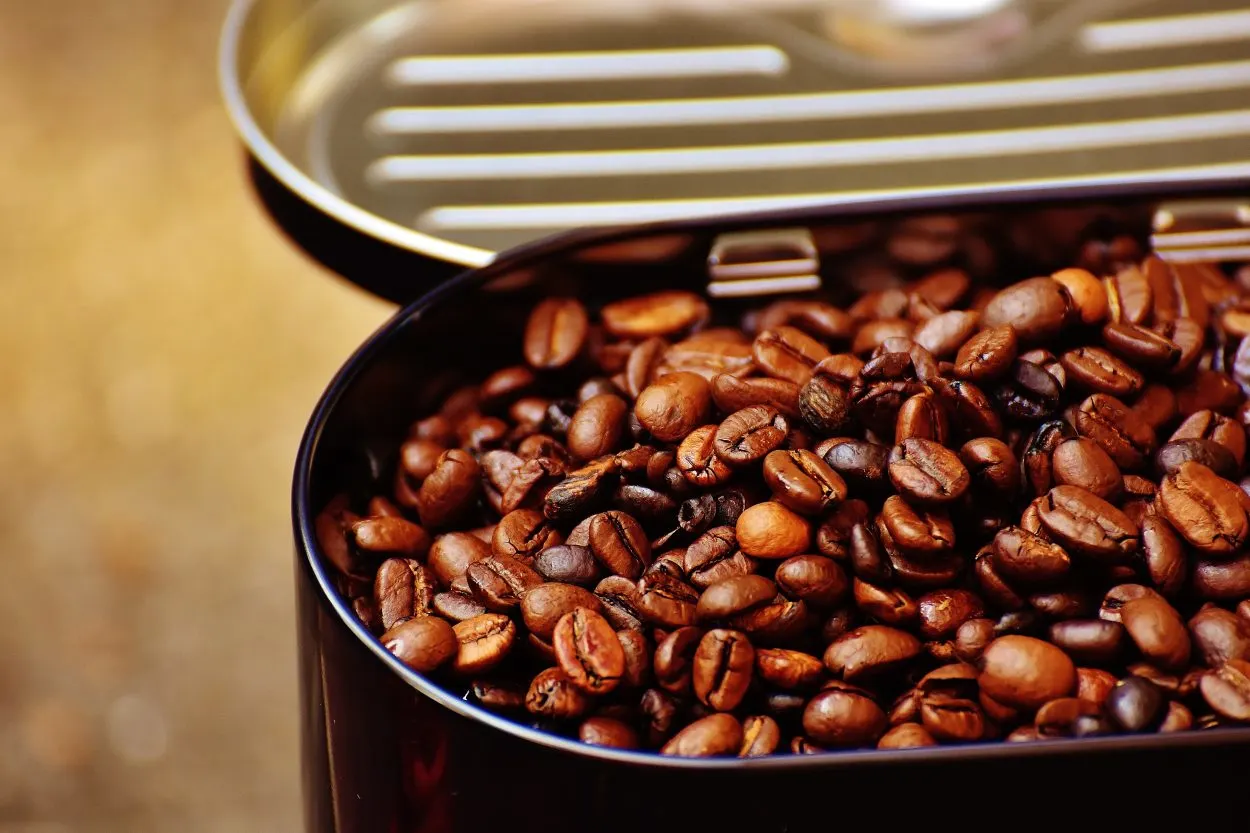
Yes, Red Bull has caffeine.
The quantity of caffeine in an 8.4 fl. oz. can of Red Bull is 80 mg, which is about average compared to other energy beverages on the market.
We feel more alert and focused thanks to the caffeine component, which boosts brain activity. It helps with: In addition to keeping you alert and energized, it also:
- Weight loss
- Lowers the risk of stroke
- Performance
- Improving brain function
- Reduce the risk of developing Alzheimer’s disease
- Memory and reaction times
- Endurance
According to studies, energy beverages like Red Bull can enhance cognitive processes, enabling you to complete more work in a shorter amount of time.
However, these only apply if your daily caffeine intake exceeds the suggested upper limit of 400 mg.
Despite having a daily limit, safe caffeine levels depend on the individual’s health and status of tolerance to the drug.
Side Effects Of Having Too Much Caffeine
Despite the fact that Red Bull is still widely used, research indicates that it may be harmful to your health, particularly if you consume large amounts of it.
Increase Blood Pressure and Heart Rate
Blood pressure and heart rate are two crucial indicators of heart health since elevated levels have been linked to an increased risk of heart disease and hypertension (high blood pressure).
According to numerous studies in healthy people, one 12-ounce (355 ml) can of Red Bull dramatically raised blood pressure and heart rate levels within 90 minutes and for up to 24 hours after intake.
However, excessive consumption has been connected to irregular heart rhythms, heart attacks, and even mortality, especially in younger people.
High-Risk Behavior
Red Bull’s caffeine can counteract the effects of alcohol, allowing you to feel less drunk while still experiencing the impairments associated with alcohol consumption.
According to one study, college-aged students who mixed alcohol and energy drinks were likelier to drive drunk and have significant injuries from alcohol than those who drank alcohol alone.
Caffeine Overdose
Although the safest amounts of caffeine vary from person to person, current research suggests that healthy adults should keep their daily caffeine intake to 400 mg or less.
Drinking more than five cans of Red Bull per day could raise your chance of experiencing a caffeine overdose because one single 8.4-ounce (260 ml) can of Red Bull contains 75 mg of caffeine.
The usual half-life of caffeine in the blood, however, varies from 1.5 to 9.5 hours, meaning it could take up to 9.5 hours for your blood levels of caffeine to fall to half of what they were initially.
As a result, it might be challenging to estimate the precise quantity of Red Bull that could result in a caffeine overdose.
Additionally, adolescents under the age of 19 may be more vulnerable to the negative effects of caffeine.
Does Sugar-Free Red Bull Have Caffeine?
Yes, sugar-free Red Bull has caffeine.
Although sugar-free Red Bull has fewer calories and sugar than regular Red Bull, it still has the same amount of caffeine and is therefore likely to have the same potential negative effects.
Due to the presence of aspartame and acesulfame K, two artificial sweeteners, sugar-free Red Bull may still increase your risk of type 2 diabetes if regularly ingested.
In reality, studies show that regularly consuming artificial sweeteners increases the risk of type 2 diabetes and may have other negative health impacts.
Alternative To Red Bull
Alani Nu
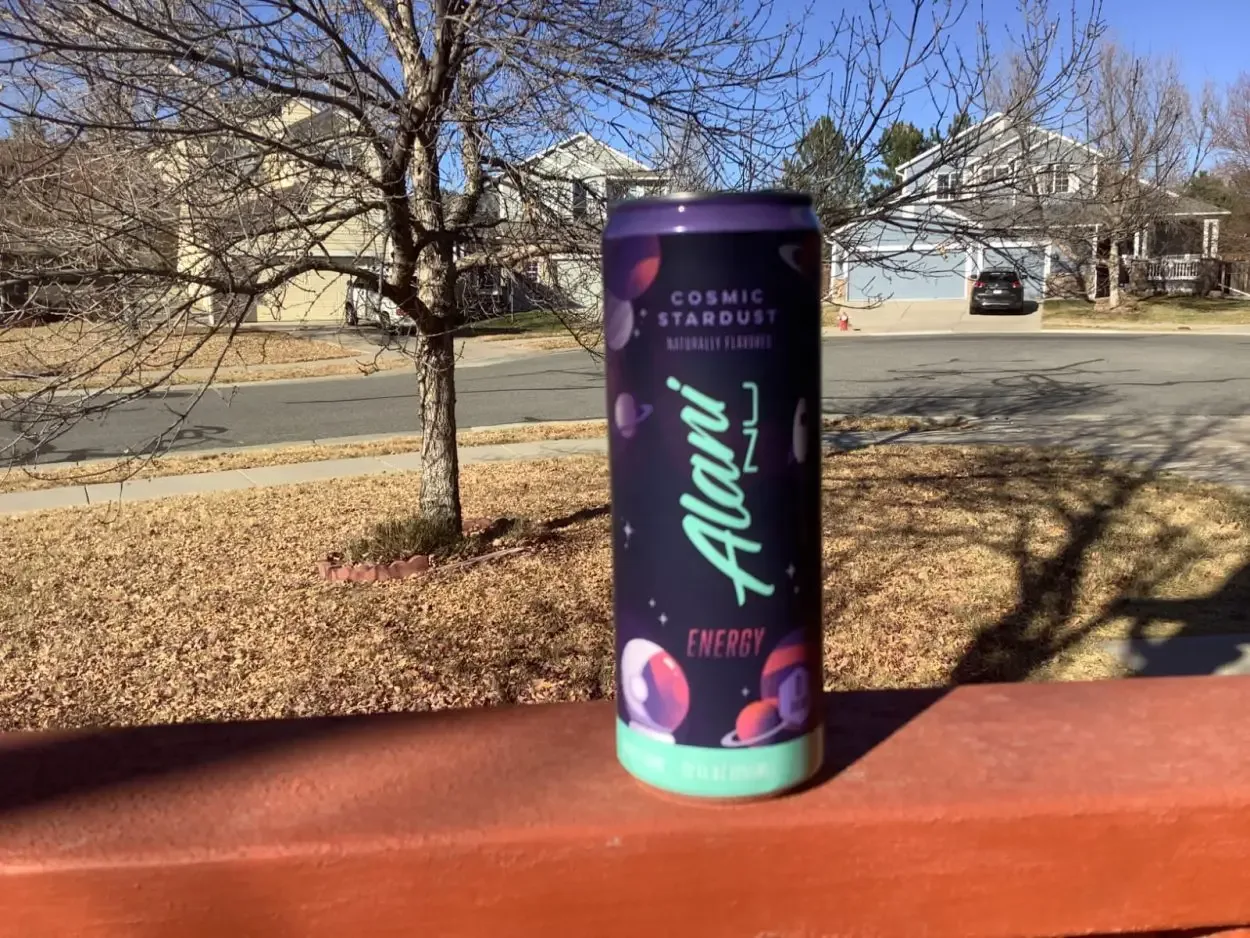
Energy drinks from Alani Nu are designed to be a wholesome and natural power source. The company asserts that its energy drink may provide a noticeable energy boost and be a source of wellness and goodness for your body.
It comes in a stylish 12-ounce can with 200mg of caffeine, ten calories, and no added sugar. Essential vitamins, electrolytes, and substances that boost energy are other ingredients.
OCA
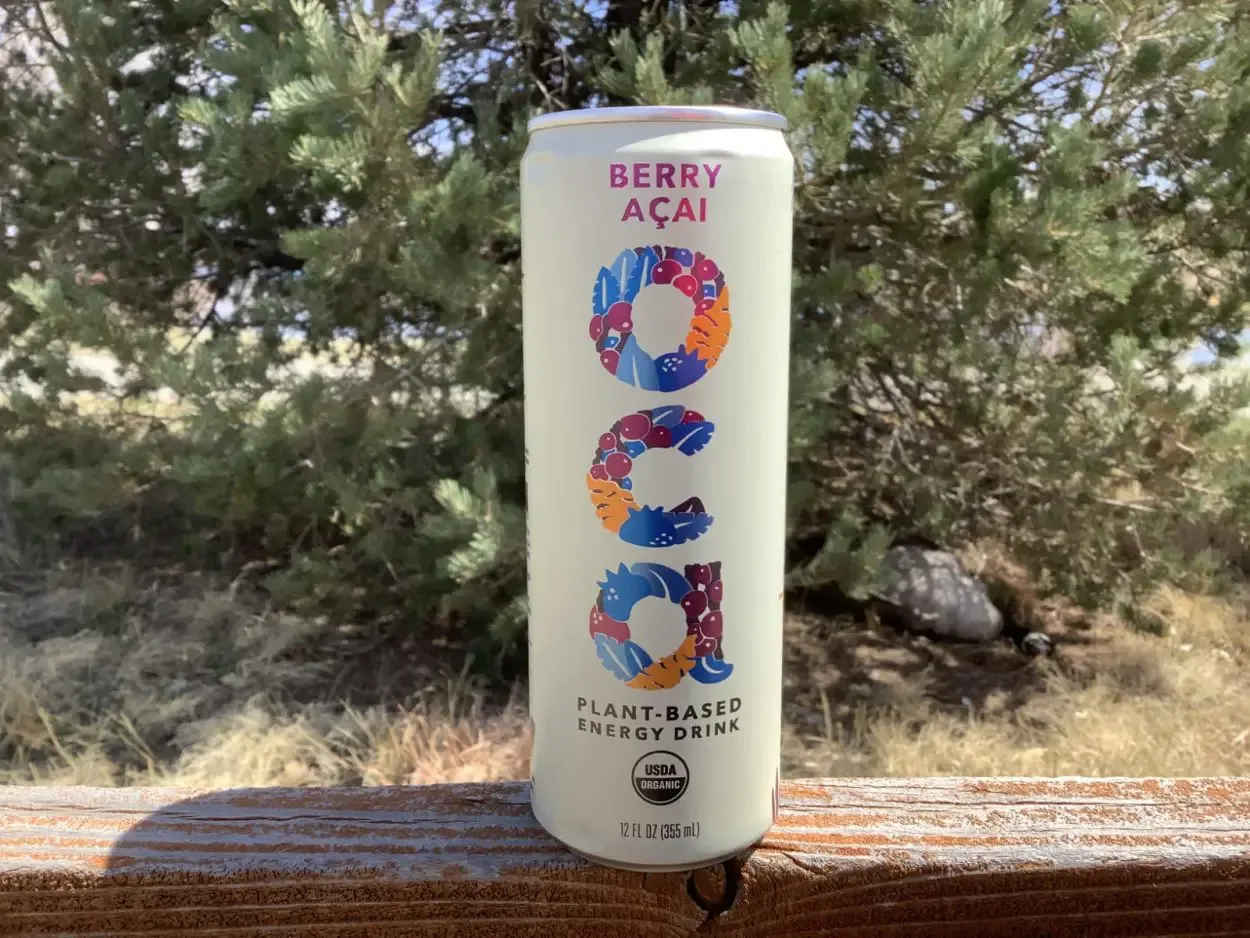
A good organic and vegan energy drink without any chemicals that are seriously damaging to human health are OCA.
It is powered by a tapioca-derived cassava root extract with about 120 mg of caffeine. This beverage’s ingredients are all all-natural. It contains some sugar and about 60 calories. It also comes in three flavors.
REIZE (Personal Favorite)
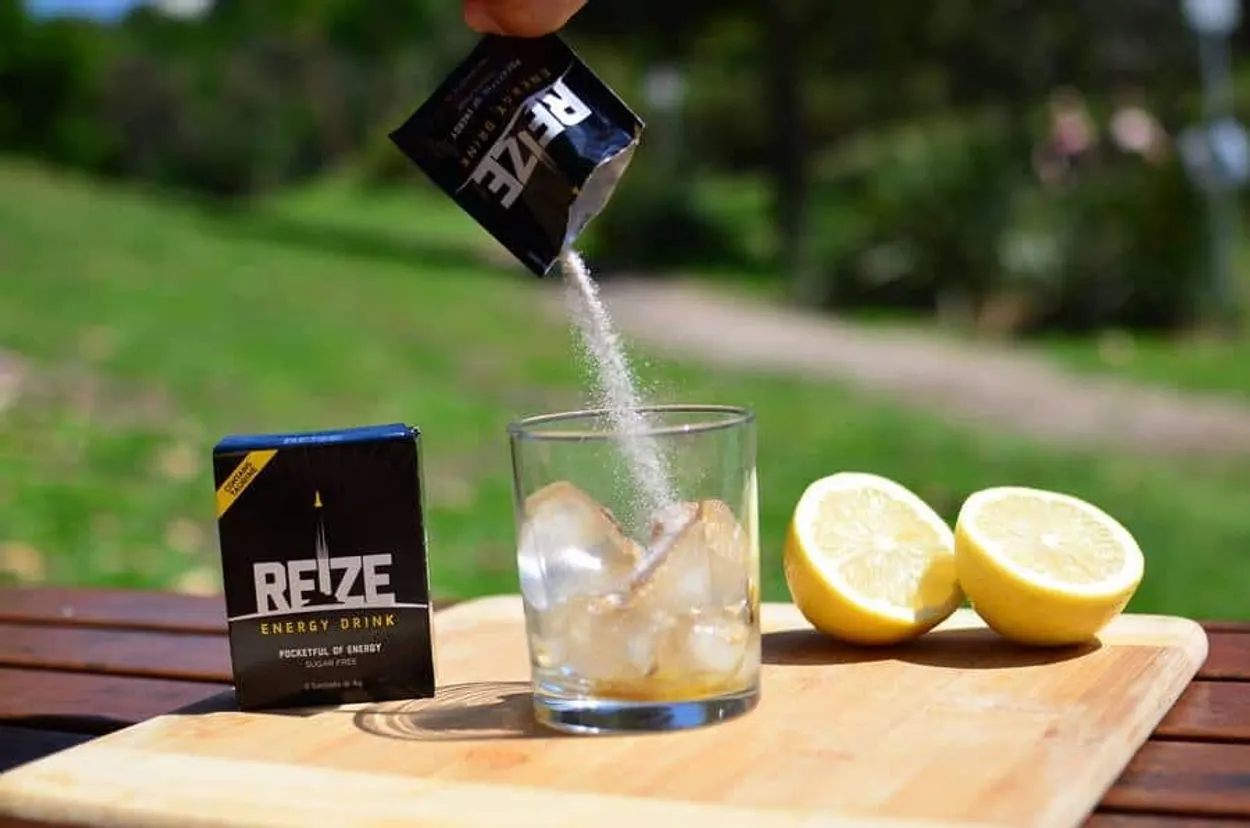
Conclusion
- Red Bull isn’t as horrible as people make it. Its ideal combination of components functions exceptionally well as an energy drink and keeps you energized and active for a few hours.
- But bear in mind that the beverage has several adverse effects if consumed too regularly.
- Red Bull Energy Drink already has a hefty amount of sugar and caffeine, so consuming too many cans at once could harm your health.
- You should consume only one can of Red Bull daily and only when you genuinely need it.

